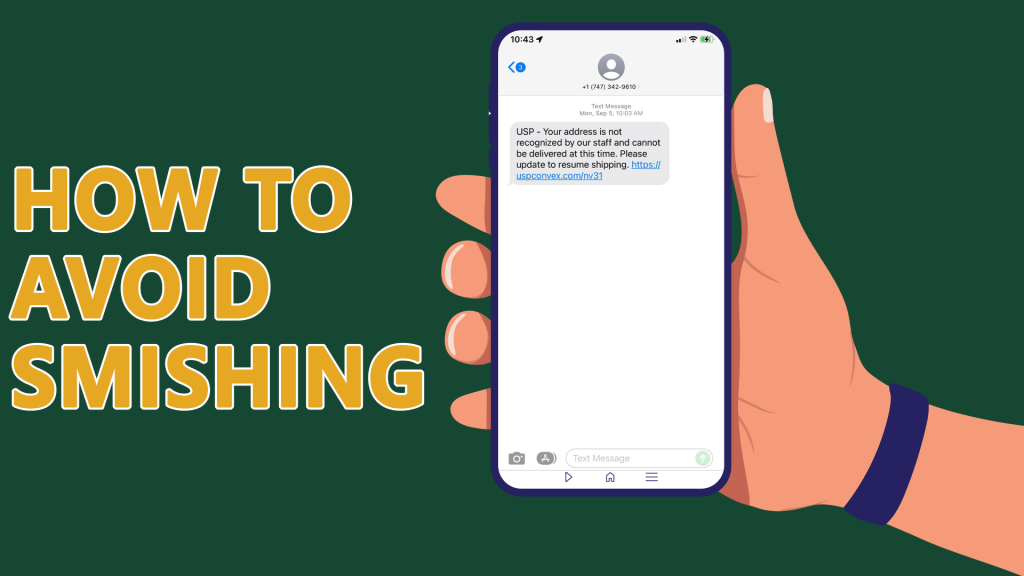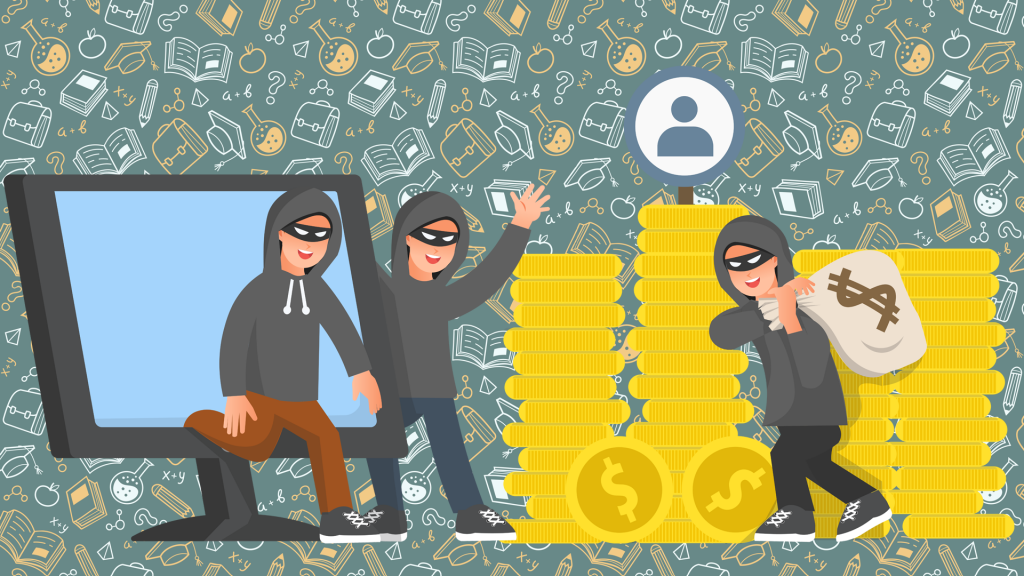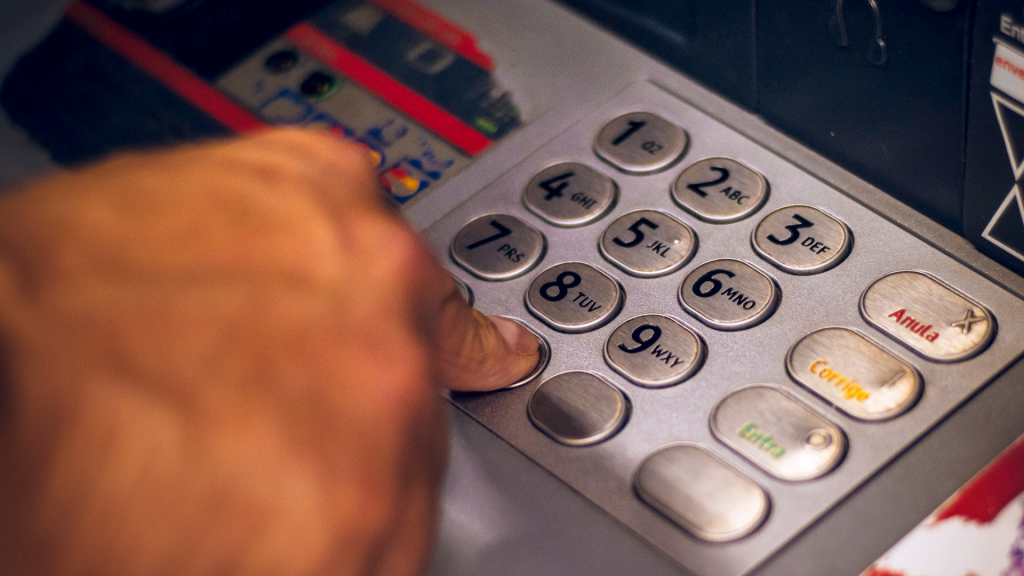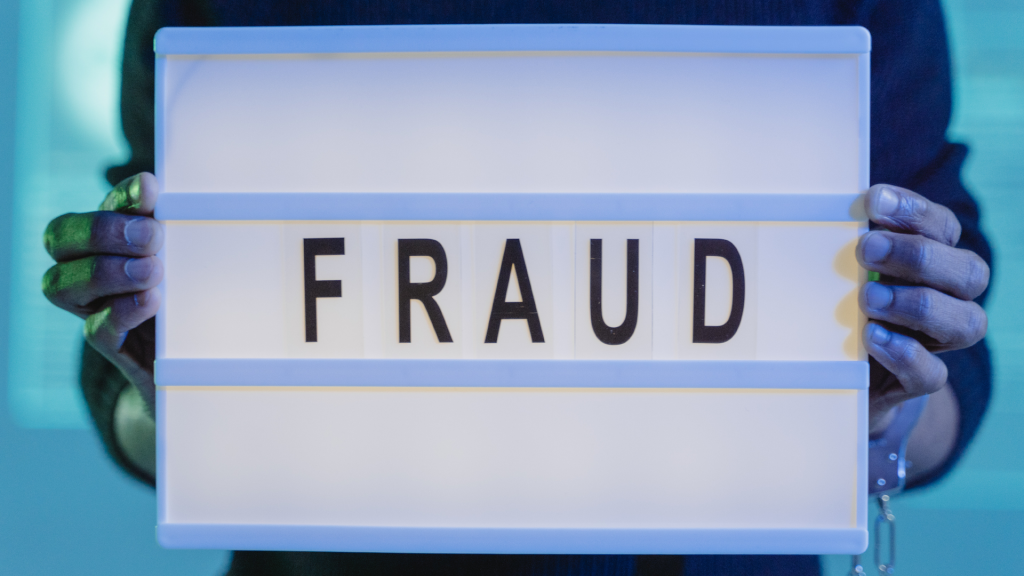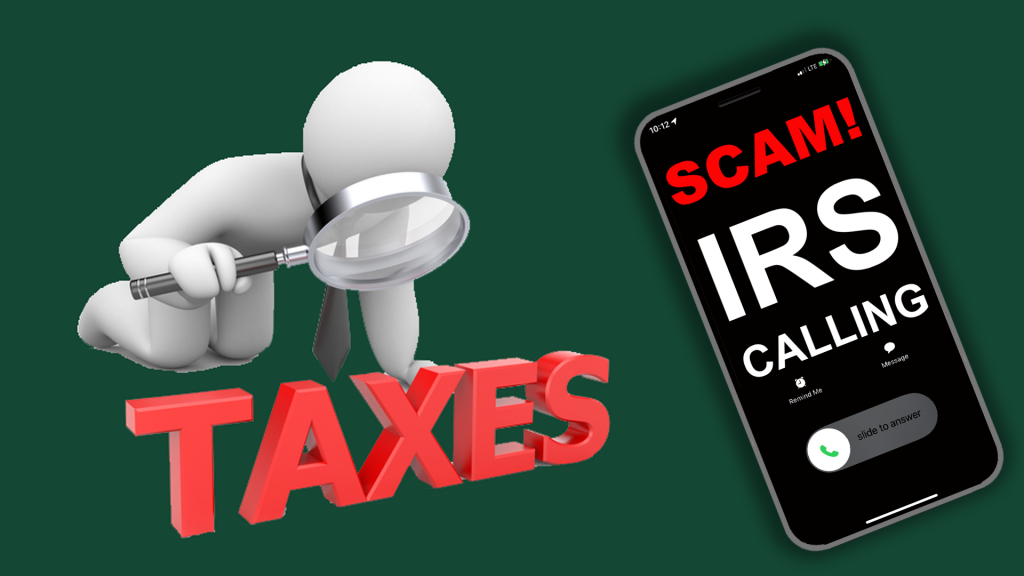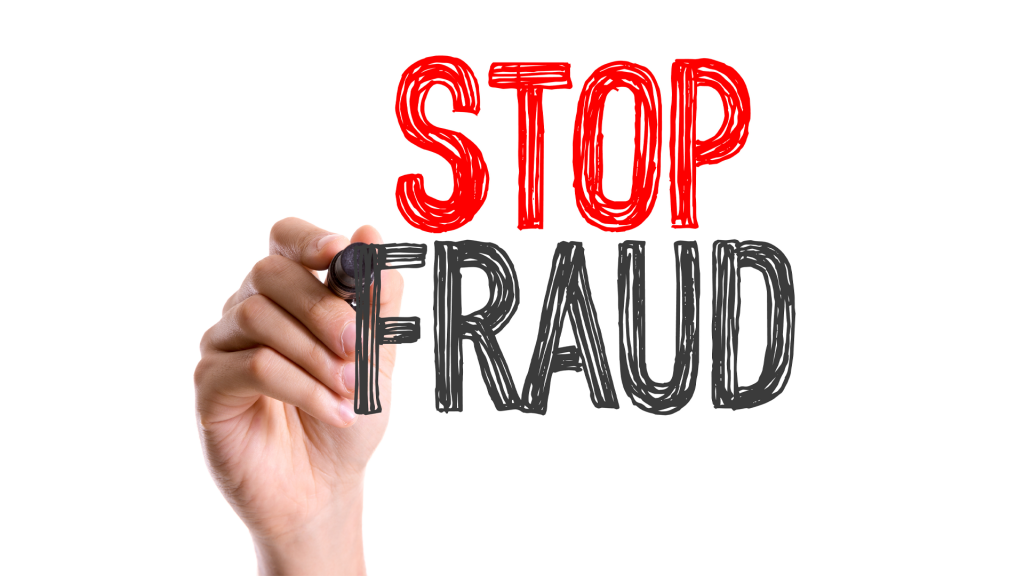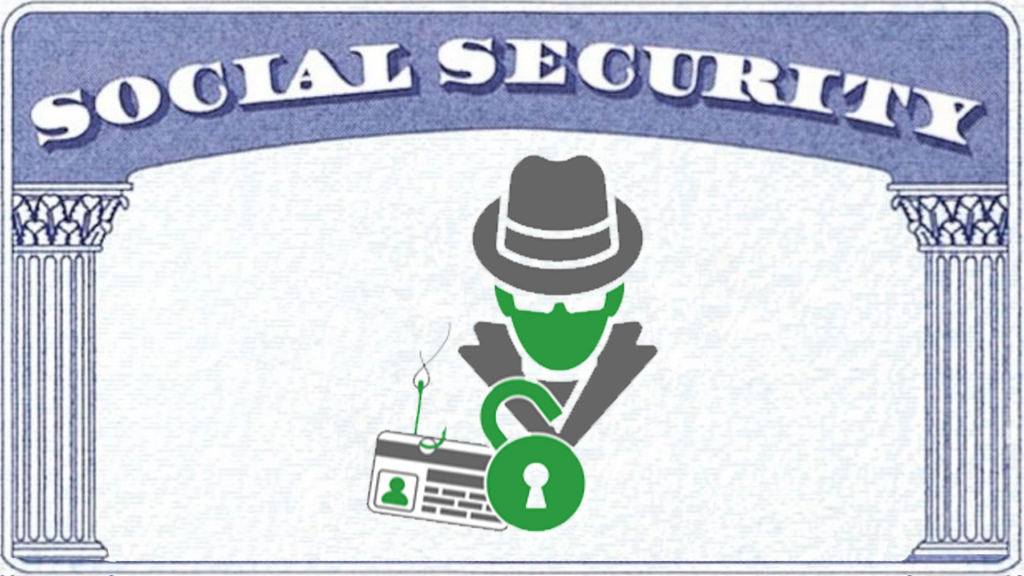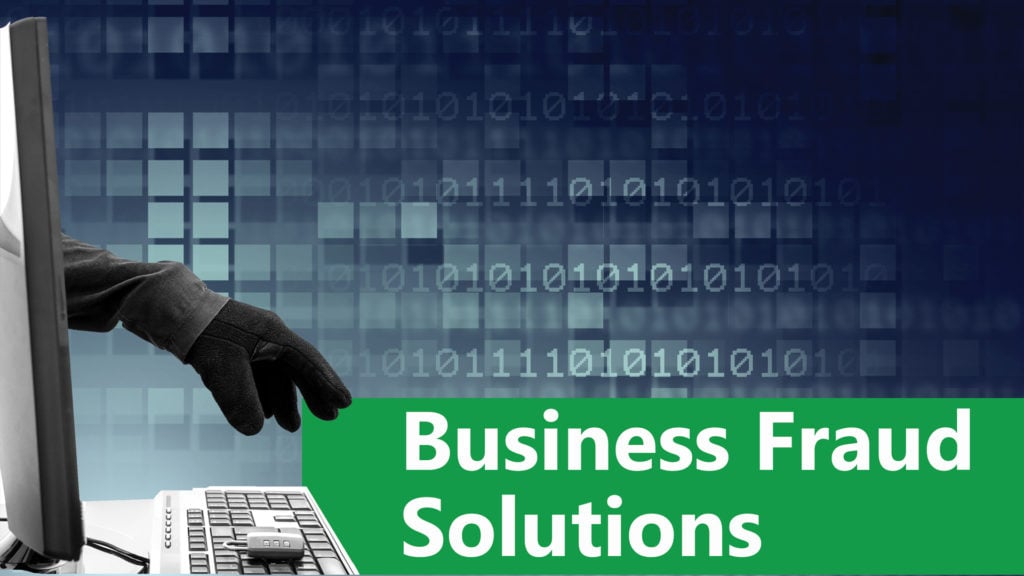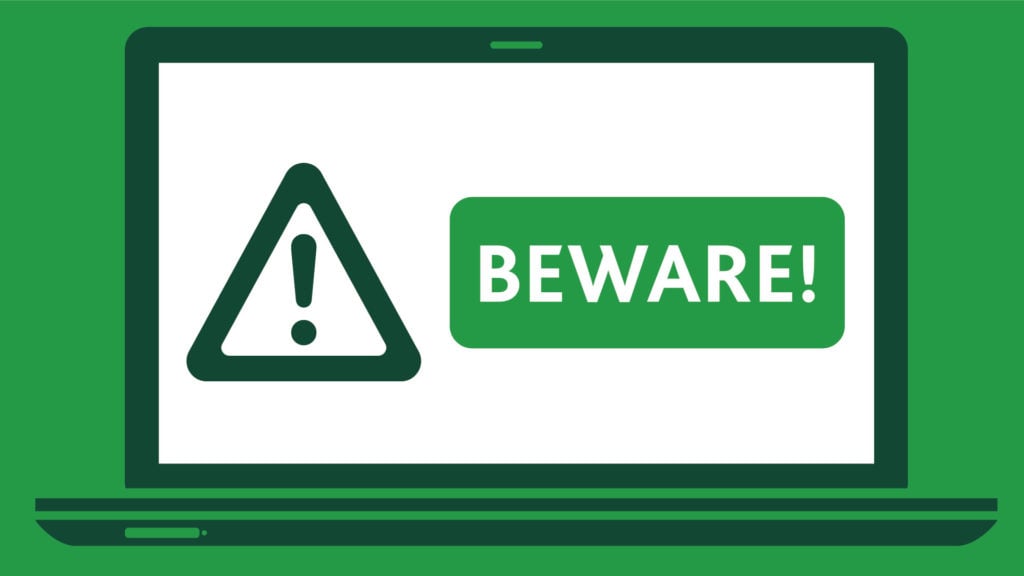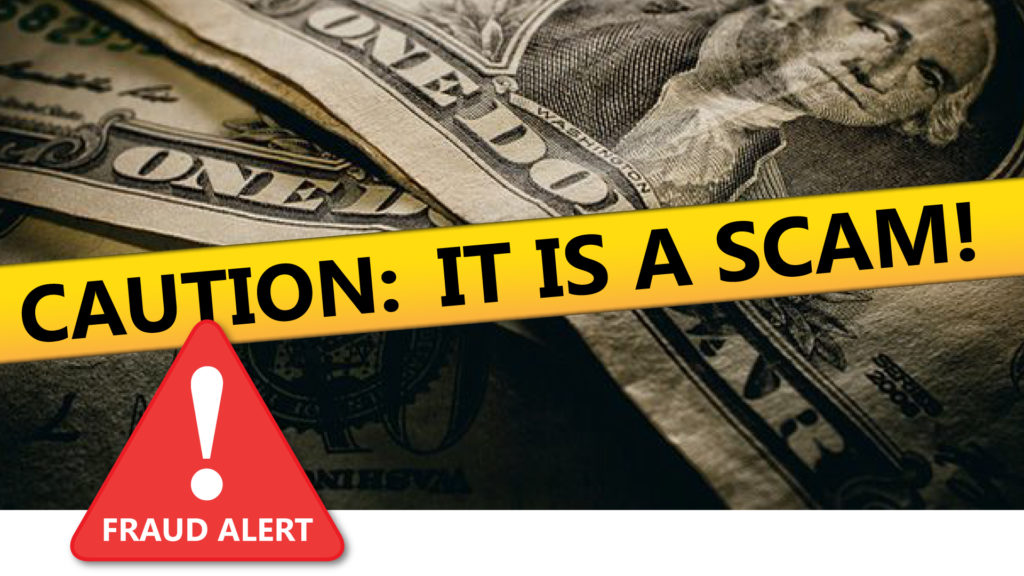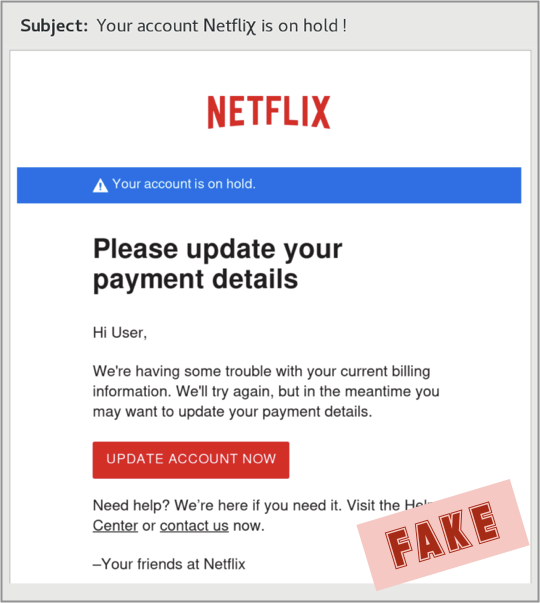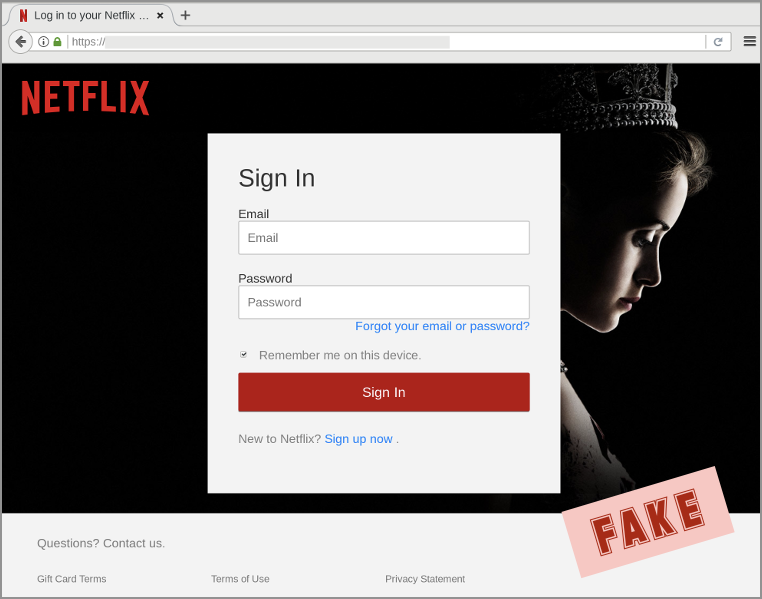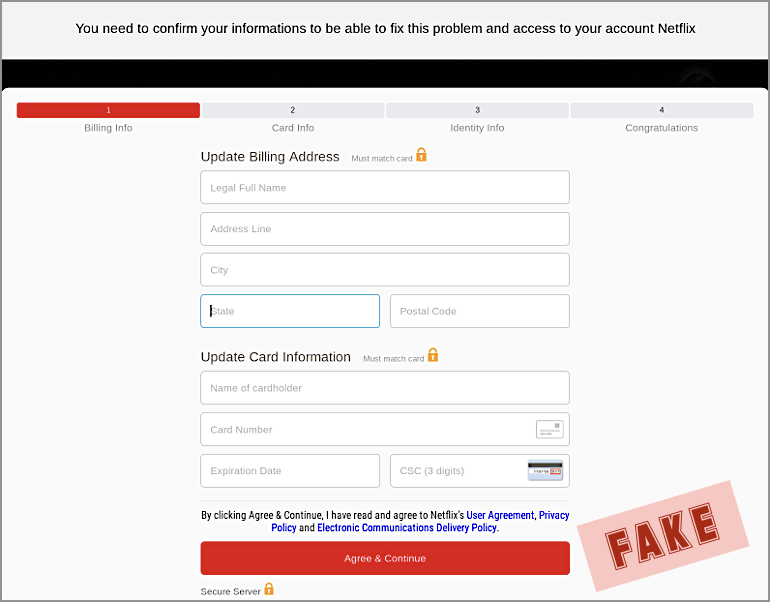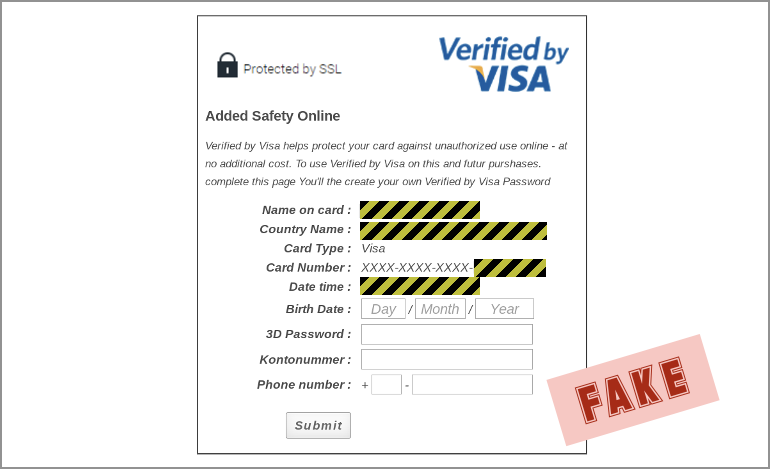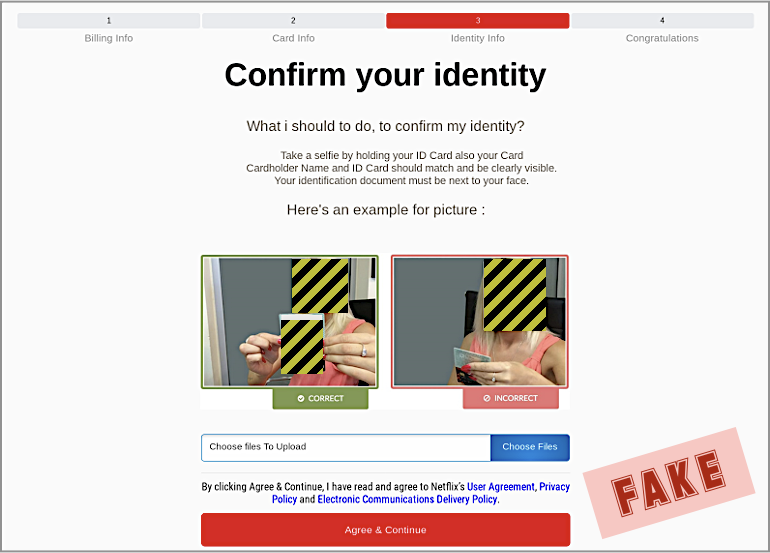
Holiday shopping season is here, which means more spending – and more fraud.
It’s no coincidence that the busiest season for shopping coincides with the highest period for fraud. Every day, fraudsters target consumers with an array of legitimate seeming propositions. But during the holidays, fraudsters make extra efforts to trick and defraud consumers. Every year, according to the Federal Bureau of Investigation, thousands of people become victims of holiday scams. Scammers can rob you of your hard-earned money and personal information and destroy holiday cheer.
Here are the top three fraud threats coming this holiday season:
Fake Retail Sites
Are you seeing a deal that’s too good to be true? That might be because it is. Fake retail sites are websites set up to look like real merchants (including well-known brands), but actually lead to a fraudster-held account. Fake retail sites have become especially popular in the age of social media, where posts and accounts look legitimate but are not.
What to Watch Out For: Domain name and or website copy contains misspellings, IP address is non-U.S., website doesn’t have a HTTPS (secured) URL, or generally looks off.
Mystery Shopping
Everyone is looking to pick up a little extra cash this time of year. Mystery shopping scams (or secret shopping scams) take advantage of that desire by luring victims into job opportunities where they “test” products and services but are first required to pay the employer for a fee or license. In reality, the job doesn’t actually exist.
What to Watch Out For: Shopping or dining-related job opportunities that require you to pay the employer first, wiring money to your employer or depositing a check into your bank account on their behalf.
Charity Scams
Scammers are always finding new lows. Charity scams take advantage of our generosity. Fraudsters pose as a legitimate charitable organization and steal donations before they’re discovered.
What to Watch Out For: High-pressure pitches through phone, email or in-person; to donate, go to accredited charities.
And always remember – even during the Christmas season – if it seems too good to be true, it probably is.
Opinions expressed above are the personal opinions of the author and meant for generic illustration purposes only. RCB Bank, Member FDIC.
Source:




